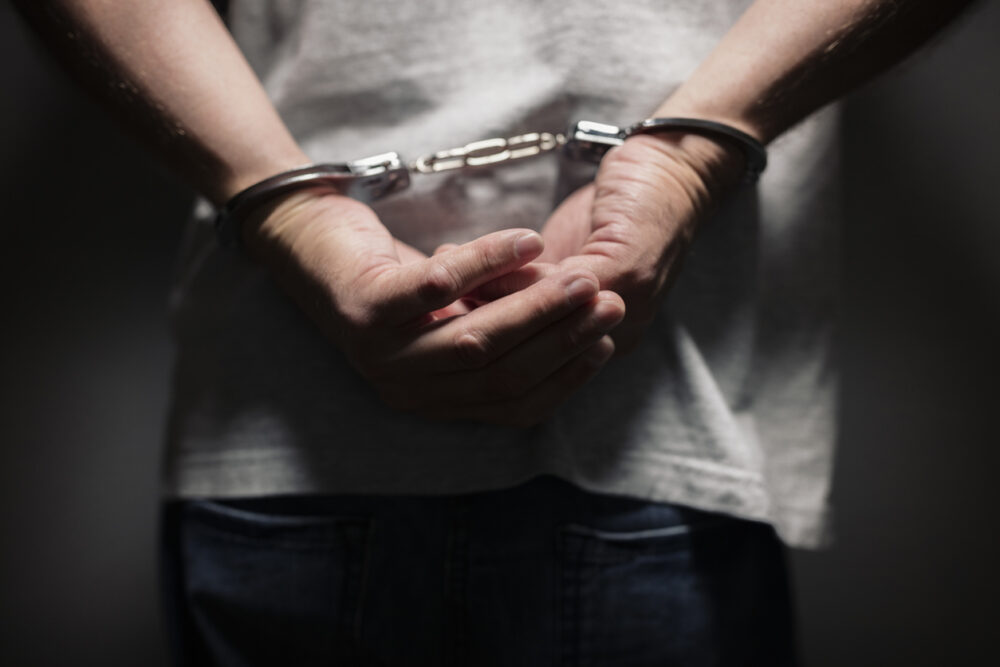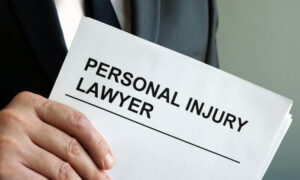Whether you have been charged with a criminal offense or are under suspicion, it can be a daunting and overwhelming experience. Understanding the law, navigating court hearings, and managing the consequences of a potential conviction can feel like an insurmountable challenge.
Don’t panic! We’re here to break down the legal steps you should take to protect yourself if you’re facing criminal charges. So, keep calm, read on, and let us be your legal compass!
Research lawyers in your area

Source: pexels.com
When seeking legal representation for a criminal charge, it is important to thoroughly research lawyers in your area, as the best lawyer for you can vary depending on the specifics of your case. You should explore different options and look into lawyers who specialize in the type of criminal law for which you may need representation. Interviewing multiple lawyers and discussing their experience, comfort level with your case, availability, and fees will help you select the right fit.
You can research by asking family and friends if they know a criminal lawyer they trust or you can look online. With an increased demand for services amidst COVID-19 precautions, many lawyers are now offering virtual consultations to evaluate the details of your case.
Research thoroughly before making any decisions; consider reading reviews from clients that have used a lawyer’s services or speaking with other people who have gone through similar experiences. Contacting more than one lawyer will also give you more insight into how their practice works and allow you to make a more informed decision when selecting representation suited to your particular needs.
Learn about your Charter Rights
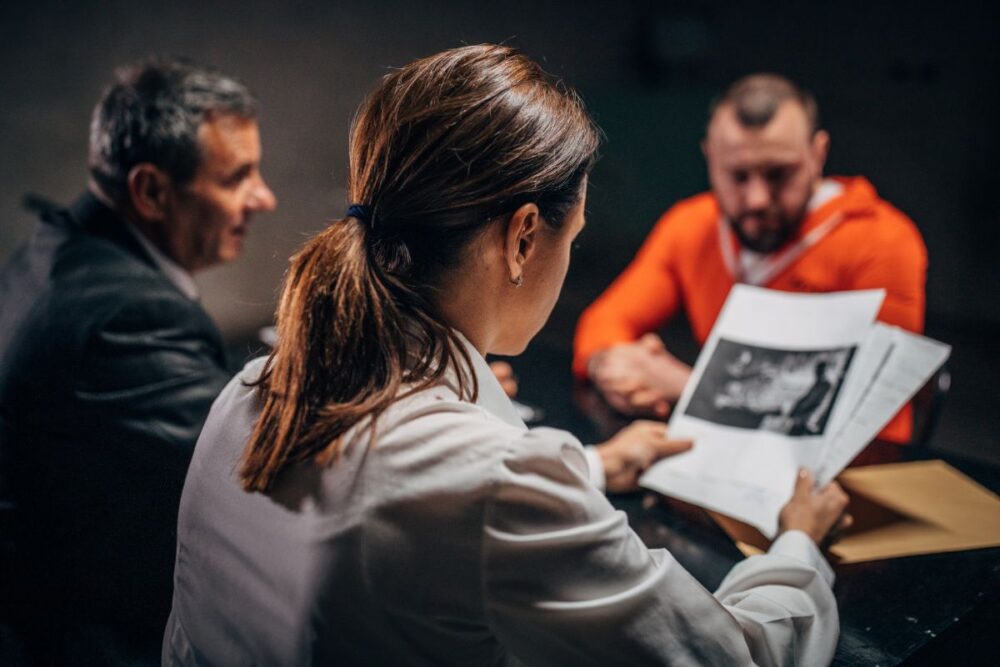
Source: fairpunishment.org
When facing criminal charges in Canada, it is important to become familiar with the Canadian Charter of Rights and Freedoms. This document protects the individual rights and freedoms of Canadians in multiple ways. It provides a legal basis for determining what behavior is allowed and which is prohibited by the law. The Charter applies both within and outside of Canada, so understanding your rights as outlined in this document is essential when responding to criminal charges.
The Charter guarantees the following fundamental freedoms:
- freedom of conscience
- freedom of thought
- freedom of belief
- freedom of expression
- freedom of peaceful assembly
- freedom of association
It also protects against
- cruel or unusual treatment or punishment
- unreasonable search or seizure
- detention without sufficient cause
- a right to equal economic protection
- equal protection under the law regardless of race or religion
- right to life liberty and security
- right to mobility within Canada
- right not to be arbitrarily detained or imprisoned
- right not to be subject to cruel and unusual punishment
- ex post facto legislation (e.g., criminalizing acts which were legal at the time they occurred)
Furthermore, the Charter recognizes that all individuals have certain legal rights—the right to a fair trial within a reasonable time by an independent judge in accordance with rules applicable in criminal cases—irrespective of race, religion, gender identity, or sexual orientation. These other rights include:
- presumption of innocence until proven guilty beyond a reasonable doubt
- protection from self-incrimination during trial proceedings such as divulging passwords during searches and seizures
- lawyer-client privilege protecting confidential conversations between attorneys and their clients from government surveillance
Understand the different stages of the criminal process
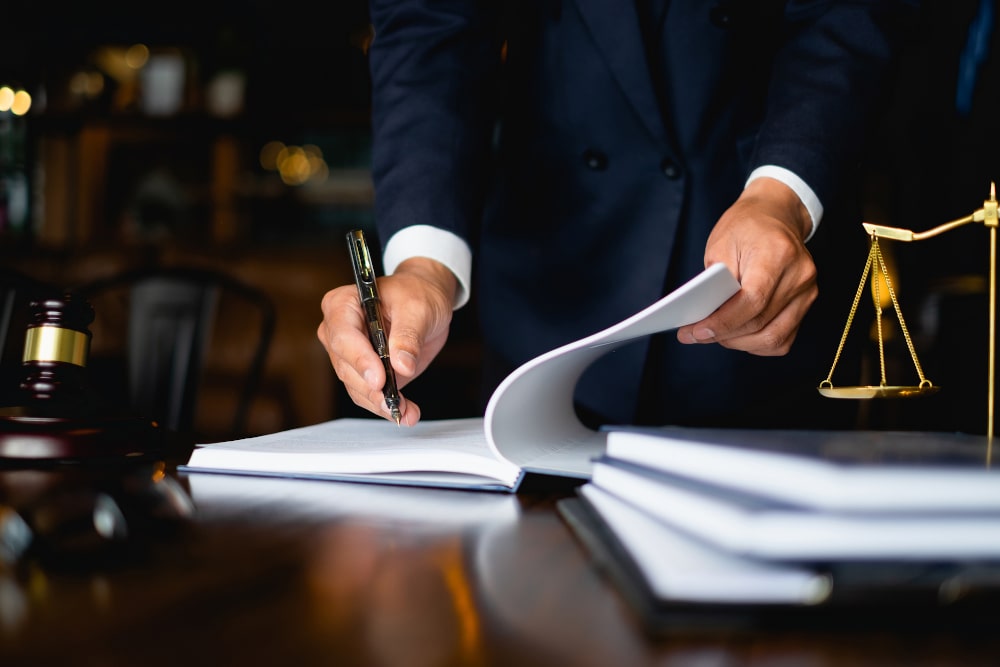
Source: masstsang.com
The criminal process generally consists of three distinct stages, pre-charge, charge, and post-charge. Each one involves different actions on your part and important considerations that should be taken into account to best protect your rights.
Pre-Charge Stage
During this phase, a police officer is gathering evidence in order to determine whether or not a person should be charged with an offense. During the pre-charge stage, a person may be taken in for questioning and asked to provide blood, urine, or breathalyzer samples, but they are not under arrest. It is recommended during the pre-charge phase that you request legal assistance or advice from an experienced lawyer familiar with criminal law because it is possible to potentially mitigate certain offenses during this stage.
Charge Stage
At this point in the process, the defendant has already been arrested by police and charged with a criminal offense. A Notice of Rights & Freedoms will be provided at this stage and provides defendants with specific rights throughout the process ahead. It is beneficial here again to seek legal assistance as soon as possible, as your lawyer can guide you through all stages while ensuring your rights are respected every step of the way.
Post Charge Stage
During this phase, all available evidence will have been submitted by both prosecution and defense counsels in preparation for court proceedings where convictions will be sought. Your lawyer should work hard at exploring different defense strategies that can help minimize any potential sentences associated with any convictions resulting from court proceedings. A skilled criminal law attorney can also assist in negotiating plea agreements if desirable on your behalf after reviewing any available evidence provided prior to trial proceedings.
Gather evidence to support your case
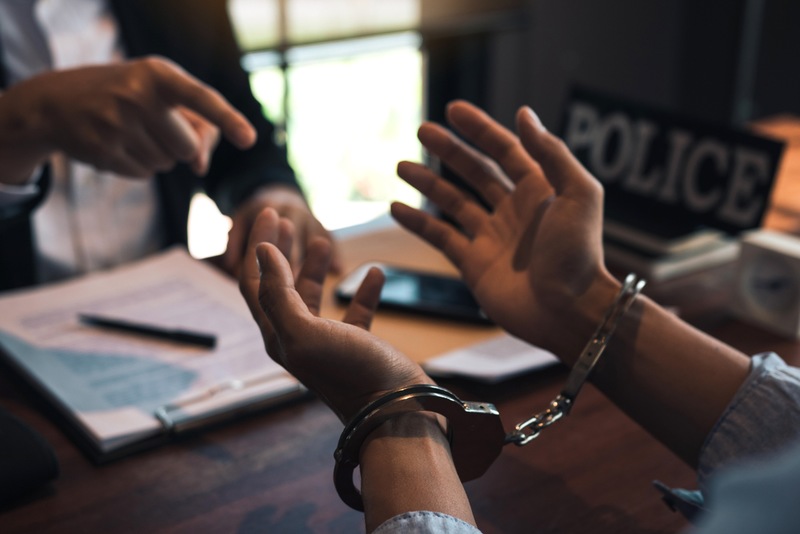
Source: ricelawflorida.com
When gathering evidence, be mindful of the rules for admissibility that vary by province and court. Generally, any evidence you consider essential must meet certain legal conditions in order to be admissible in court; such as demonstrating the relevance of the evidence and its reliability or trustworthiness.
Some specific items your lawyer may suggest gathering as evidence include:
- Affidavits and statements
- Sworn and oral testimony from witnesses who can testify on your behalf
- Photographs or video recordings taken by witnesses that demonstrate none of the accusations against you are true or at least could have been misinterpreted
- Documents including medical certificates and expert opinions that could prove helpful in strengthening your case
It is also important to make sure any person testifying on behalf of your case is prepared. Going through practice interactions can help refine their statement so it will serve as effective evidence in court proceedings should it be needed later down the road if matters go to trial.
Conclusion
If you are facing criminal charges, it is important to take steps to protect yourself and your rights. This article provides a brief overview of the different types of criminal charges that could be brought against you, as well as some tips on how to protect yourself. If you have been accused of a crime, it is essential that you consult with an experienced criminal defense attorney who can help guide you through the legal process.


